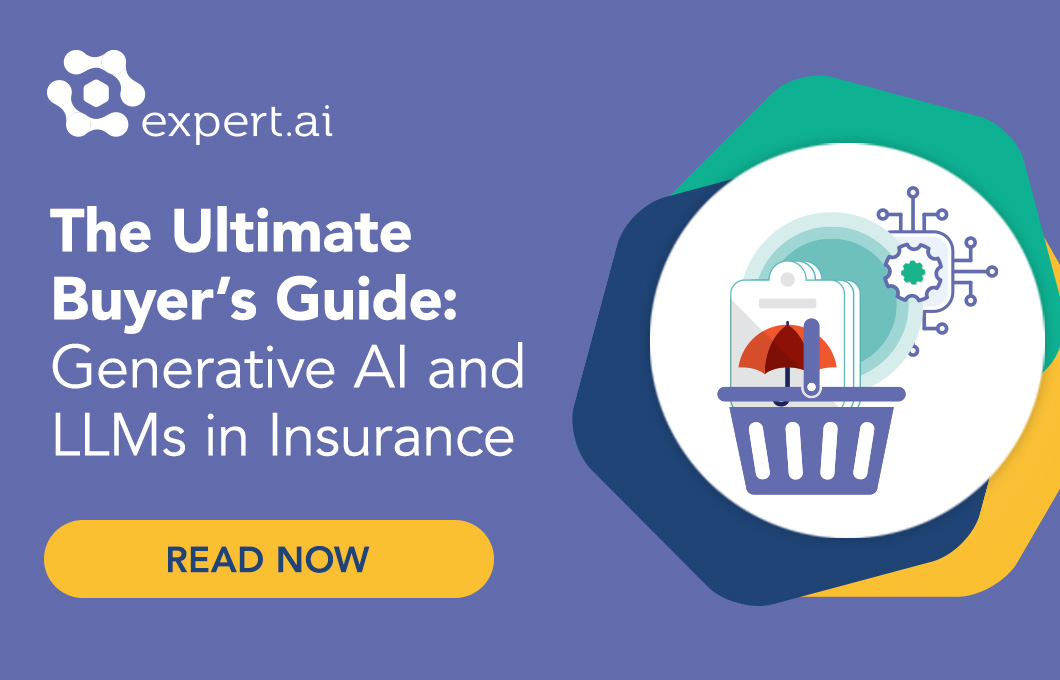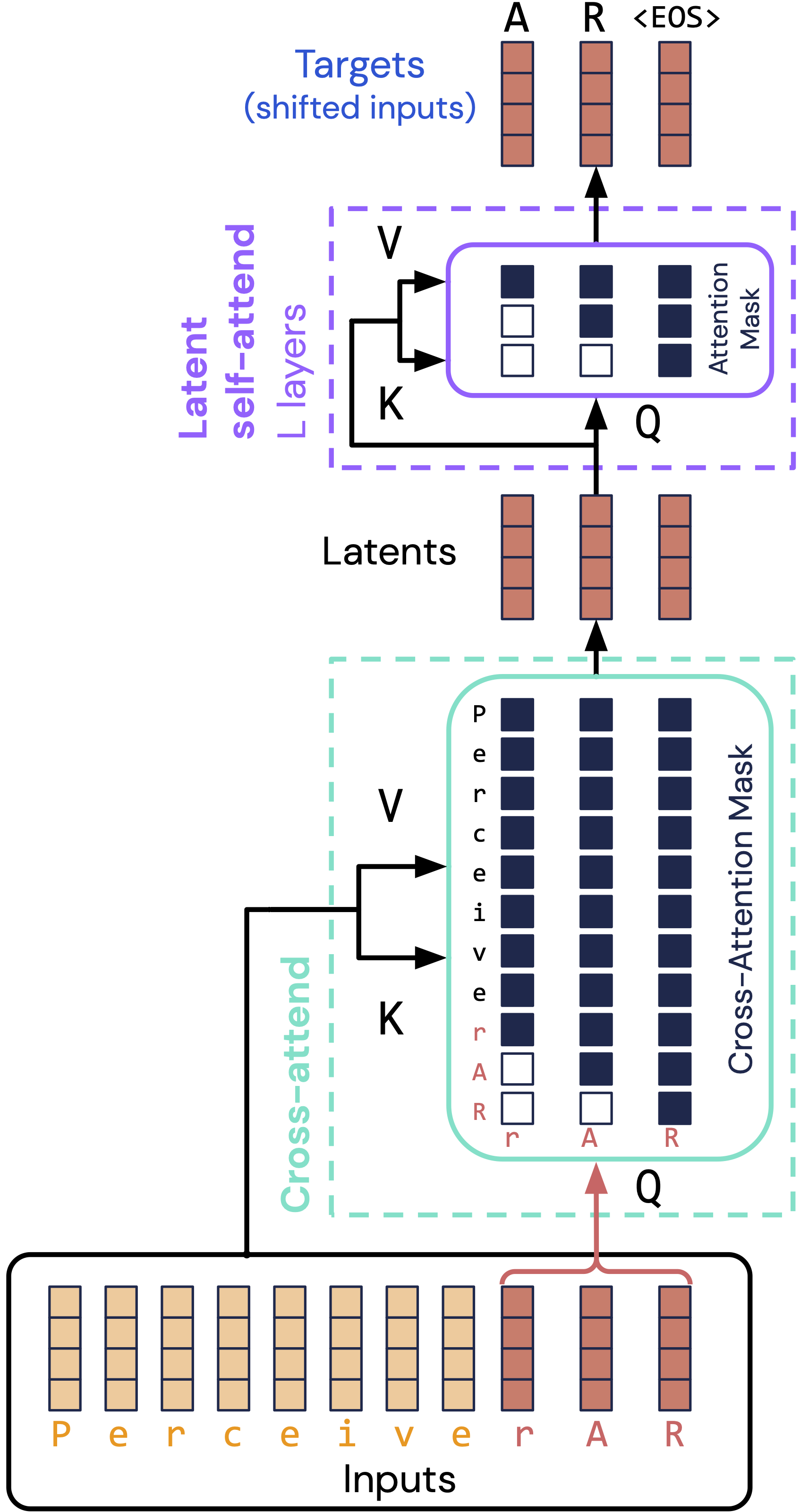For organizations around the world, leveraging AI has taken on a new significance in 2024. Since the introduction of ChatGPT more than one year ago, organizations are ready to capitalize on the opportunities that generative AI (GenAI) and large language models (LLMs) have to offer. For insurance companies, the promise of GenAI is powering the competitive landscape, but the path to putting these new capabilities into practice will require considerations beyond those for traditional AI.
Generative AI Comes to Insurance
The insurance industry is no stranger to AI, which has established itself as an essential technology for predictive analytics alongside other key technology enablers like process automation. GenAI and LLM capabilities offer a new level of productivity and creative potential that could transform those gains significantly.
However, embracing GenAI and LLMs isn’t without its challenges. A recent article by global insurer Allianz referenced the massive market potential of GenAI in insurance—up to $32 billion by 2027—but also acknowledged the limitations: “We see LLMs working very well for general language tasks, but they are not yet designed for the specific technical language we use in insurance, such as legal analysis of policy wordings or claims handling. GenAI models need to be further trained and customized for the language, data, and processes of our industry.”
From concerns about safety and reliability to navigating adoption hurdles, insurers face a range of obstacles on the path to harnessing the full potential of these transformative tools. As regulations begin to take shape, insurers will need to prepare their operations for GenAI capabilities on many fronts:
- Access to the technical skills and expertise needed to safely integrate GenAI capabilities
- Investments in training, software updates and ongoing costs for maintenance and scaling
- Rigorous testing and validation to ensure LLM performance up to and beyond human accuracy benchmarks
- Understand the different AI technologies available for the complexity, data volume and level of accuracy required
- Measures to protect customer privacy, secure data and ensure accuracy of bias-free insights
- Ensure that data protections and AI use is aligned with relevant industry policy
GenAI Buyer’s Guide for Insurance
That’s why we created “The Ultimate Buyer’s Guide: Generative AI and LLMs in Insurance.” It’s designed to be the roadmap that will help insurers navigate the complex landscape of generative AI and LLMs with confidence and clarity.
Here’s what you can expect to learn:
- Understand the Barriers: We delve into the barriers that stand in the way of safely leveraging GenAI and LLMs, why these challenges matter and how they can be overcome.
- Prepare for Adoption Challenges: From specialized skill requirements to data governance concerns, we shed light on the adoption challenges insurers need to be aware of when integrating generative AI and LLMs into their operations.
- Identify Best Use Cases: Discover the most promising use cases for applying GenAI for insurance processes and learn how and where they can drive innovation and efficiency.
- Select the Right AI Approach: Finally, we emphasize why the approach you take to implementing AI matters, and how it can make all the difference in achieving successful outcomes.
At expert.ai, we’re committed to empowering insurers with the insights they need to navigate the future of AI and thrive in an increasingly digital world.
Download “The Ultimate Buyer’s Guide: Generative AI and LLMs in Insurance.”
The Ultimate Buyer’s Guide: Generative AI and LLMs in Insurance
The roadmap that will help insurers navigate the complex landscape of generative AI and LLMs with confidence and clarity.




